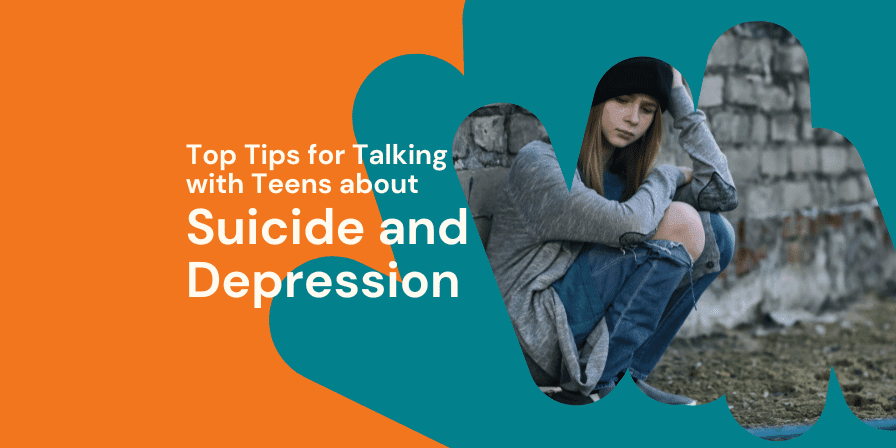
Top Tips for Talking with Teens about Suicide and Depression
Practical tips to help parents and caring adults talk with teens about depression Every day, parents and school counselors and teachers see students dealing with depression. Recently, a highly publicized report by the CDC stated that, “In 2021, almost 60% of female students experienced persistent feelings of sadness or hopelessness during the past year and nearly 25% made a suicide plan.” More than ever, it is vital that you talk with teens about depression and suicide. Remember, talking about it won’t give teenagers ideas, but it will let them know that you care and that you can handle the conversation if or when they need to it. Fortunately, there are many resources out there to help us as parents, counselors, teachers, and friends know how to do that. One such resource is Dr. Michele Borba. She has interviewed hundreds of teens and held countless conversations with them about ways that adults can help or hurt. Here are Dr. Borba’s top tips for having this discussion with your teen (Posted with permission from her blog.) 1. Review the facts first. Chances are the teen suicide pact story will be discussed at school or amongst your child’s peers, so review the story before you talk. More often than not, the stories your child hears won’t be accurate and can fuel anxiety. That’s why you need to clarify the real facts. 2. Find the right time. Plan to talk with your teen about suicide and depression. Just make sure it’s a relaxed, uninterrupted time. Ideally you want to have this chat during a part of the day when your child is most receptive to talking. 3. Begin with a simple question or direct statement. A few ways to start the dialogue: “Have you heard the sad news about the girls who killed themselves?” or “What are your friends saying?” or “Let’s talk about what you just saw on the news.”Listen to your teen and follow his or her lead. 4. Be honest and direct, but careful. Give the details your child needs to know. Withhold facts or d